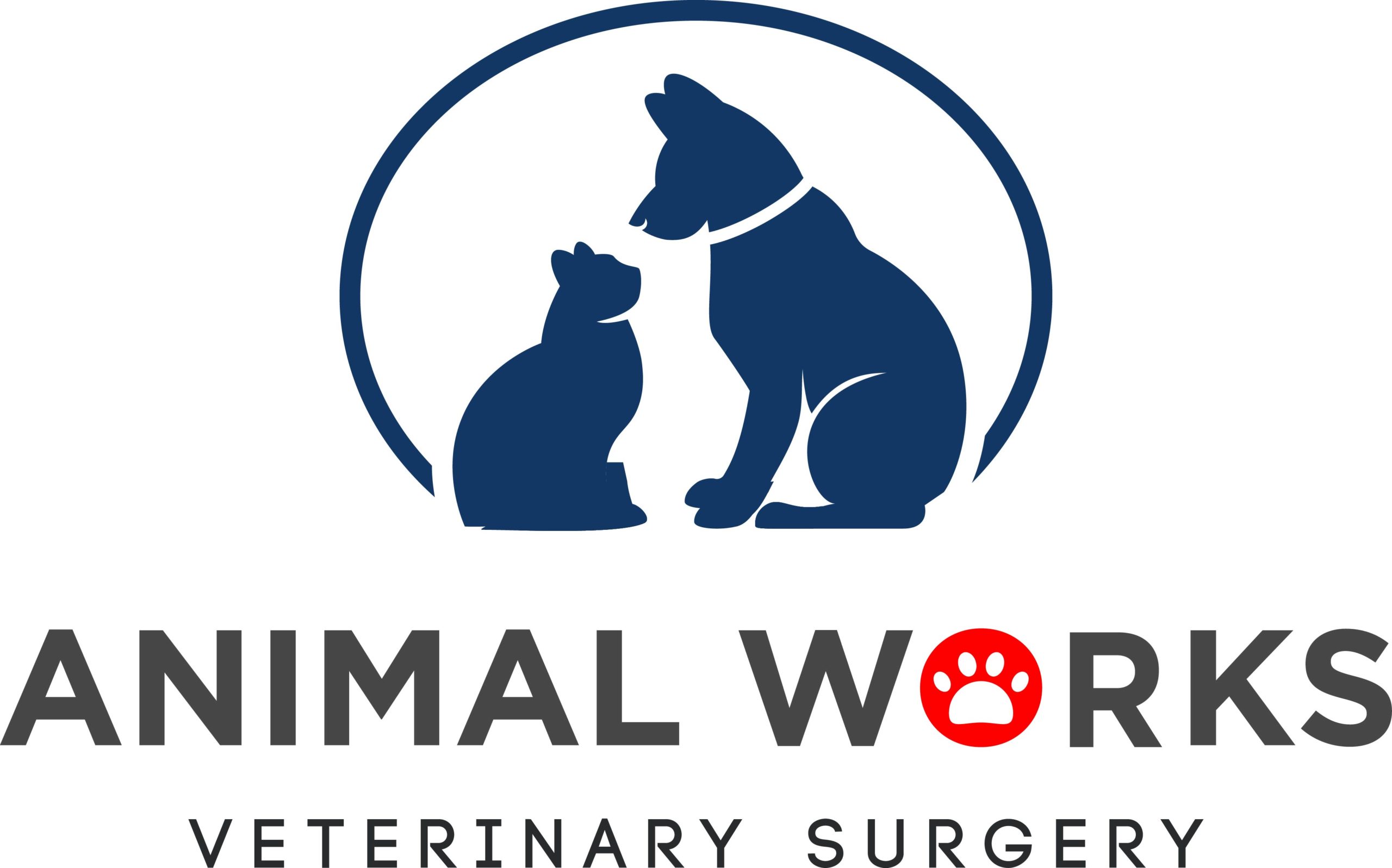The Fourth of July is full of excitement—parades, cookouts, sparklers, and of course, fireworks. But for our pets, these holiday traditions can feel overwhelming, confusing, or even dangerous.
At Animal Works Veterinary Surgery, we understand how important it is to protect your furry family members—not just from loud noises, but also from hidden hazards that can lead to stress, injury, or even emergency surgery. Whether your pet is recovering from a procedure or just enjoying summer in full swing, here’s how to make sure they stay safe and calm this holiday.
Fireworks: Fun for Us, Frightening for Them
Loud noises can trigger intense anxiety in pets—especially dogs and cats recovering from surgery or coping with limited mobility. Their acute hearing makes every boom and crackle sound closer and scarier than it is.
How to Help:
-
Keep pets indoors well before dusk. Close windows and curtains, and turn on soft music or a white noise machine to muffle the sounds.
-
Create a safe, quiet space. Set up a cozy area with their bed, safe toys, treats. Try calming pheromone sprays or diffusers if recommended by your vet.
-
Avoid babying too much. Offering comfort is great, but excessive attention during a fearful moment can reinforce anxious behavior. Stay calm and act normally.
If your pet has previously shown signs of extreme anxiety (panting, pacing, hiding, trembling), ask your primary vet about short-term anxiety medication. Many pets benefit from a little extra help during the fireworks season.

Backyard BBQs: Tasty Temptations and Toxic Treats
Between grilled meats, skewers, and picnic leftovers, Fourth of July parties can be a buffet of danger for curious pets.
Watch out for:
-
Bones and skewers – Can splinter, puncture organs, or cause obstructions.
-
Fatty foods – May trigger pancreatitis (especially risky for pets on post-op meds).
-
Corn cobs, onion, garlic, chocolate, grapes, alcohol – All toxic or harmful to dogs and cats.
Keep food out of reach and remind guests not to share with your pet. If your dog or cat is recovering from surgery, sudden dietary changes or accidental overeating could also disrupt medications or healing.
Post-Op Pets Need Extra Care
If your pet is recovering from surgery—especially orthopedic procedures like an FHO, MMP, or patella luxation repair —the Fourth of July can bring a few extra things to keep in mind. Loud noises and extra activity may make some pets more restless, so a calm, quiet environment can go a long way in supporting a smooth recovery.
Tips for surgical patients:
-
Stick to your post-op schedule for meds, walks, and rest—even on the holiday.
-
Avoid overstimulation. Too much excitement or handling from guests can tire your pet or make them uncomfortable.
-
Limit exposure to stairs and slippery surfaces. A startled pet may jump or slip, even if they shouldn’t.
If you’re worried about how your recovering pet will handle the festivities, feel free to contact our team—we’re always happy to help talk through your care plan.
Know When It’s an Emergency
Despite our best efforts, accidents can happen. Know the signs of a true emergency:
-
Vomiting or diarrhea that doesn’t stop
-
Difficulty breathing
-
Seizures
-
Collapse or disorientation
-
Bleeding that doesn’t stop
-
Evidence of eating something dangerous (like a corn cob or skewer)
Be sure to have the contact information of your nearest 24-hour veterinary emergency clinic on hand.
Celebrate Safely—with Your Pet’s Comfort in Mind
The Fourth of July can still be fun and safe with a few simple precautions. Keep your pet’s routine as normal as possible, skip the fireworks show if they’re easily frightened, and give them a safe, calm space to ride out the excitement.
From all of us at Animal Works we wish you and your furry friends a safe and happy Independence Day!
Animal Works Veterinary Surgery
Fort Collins
970-694-2625

